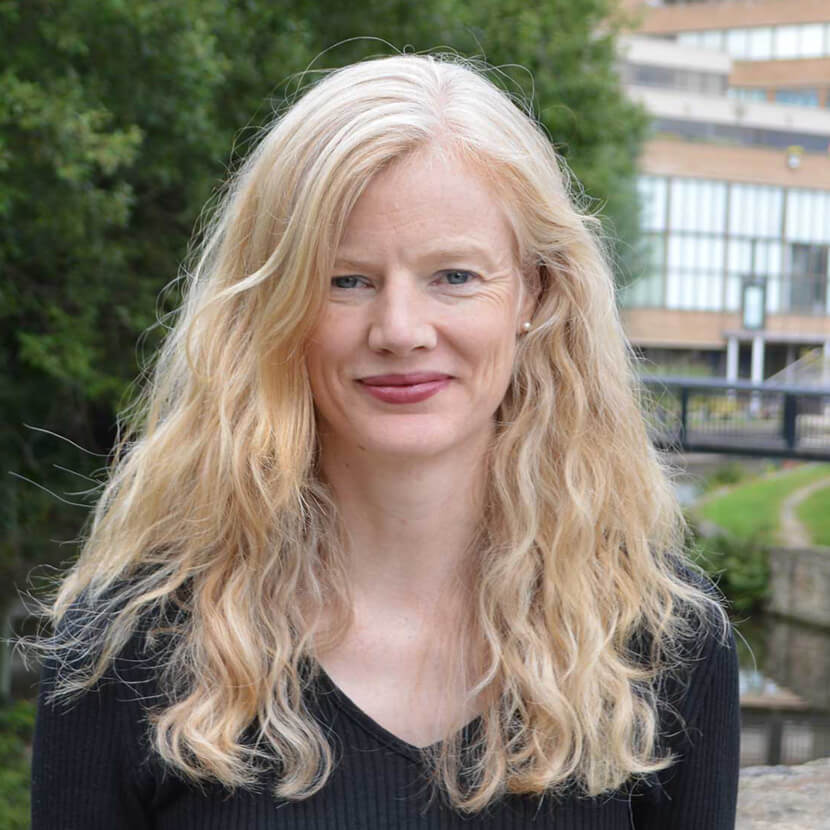
Dr Susan Sheehan
HudCRES
Do we need a new pair of glasses?
This was a question asked by the discussant at a recent symposium - asking everyone to see reconsider an issue from other people’s point of view. The symposium looked at the issue of language assessment literacy. The title of the symposium was ‘Towards a model of language assessment literacy’ . It was part of of the Language Testing Research Colloquium (LTRC) - the most important international conference for researchers interested in language assessment. This year’s conference was held online with a mixture of pre-recorded talks and live events.
Before going into depth about the symposium and the points made by the speakers it is necessary to pause a moment and consider the term Language Assessment Literacy (LAL). Literacy can be used to describe our understanding of a concept. So, digital literacy means being able to find and evaluate information from digital platforms. The term literacy has been applied to a variety of different concepts including health, legal and financial.
Assessment literacy is an understanding of assessment which allows a person to understand what a particular assessment means in their context and to evaluate the usefulness of that assessment. LAL is version of assessment literacy which relates to language teaching and learning.
On 16th June 2021, Beverly Baker (University of Ottowa), Henrik Bøhn (University of South-Eastern Norway), Dina Tsagari (Oslo Metropolitan University), Ofra Inbar-Lourie (Tel Aviv University) and Xun Yan (University of Illinois Urbana-Champaign) gathered to talk about models of LAL. Lynda Taylor (University of Bedfordshire) was the discussant, and my role was the symposium organiser.
Unfortunately, space precludes me form writing in detail about each of the excellent presentations, so I have chosen to focus here on a topic which was discussed in all of them: literacy. What does it mean to be assessment literate? How does the LAL of a parent differ from the child taking the test and, in turn, differ from the teacher giving the test?
The speakers all discussed literacy as a process and stated that our understandings of assessment develop over time. The term literacy was problematised and questions were raised about its usefulness outside of the community of assessment researchers who attend events such as LTRC.
Beverly Baker made the point that it seemed to be nonsensical to have the term 'LAL' and then never use it when working with teachers who are one of the main stakeholders in the assessment process. My own research (Assessment - attitudes, practices, needs) which explored teachers needs and interest relating to assessment found that that the term meant nothing to the teachers, and they had not heard if before participating in the project. When we explained it to the teachers, they considered it to be somewhat patronising.
Beverly’s solution was to change the L in LAL to Learnings. The symposium participants discussed if competence might resonate more with teachers as the term was used to relate to many different aspects of classroom practice. Another suggestion was to use ‘Literacies’, as the plural suggests a more nuanced and sophisticated understanding of the topic than the singular. It allows the concept to be multi-faceted more than just a single entity.
The question at start of this blog asked if we needed a new pair a glasses? Lynda Taylor posed it in her summary of the different papers. She made the point that assessment researchers as a community could be said to approach LAL as people who wanted to share our expertise with others who did not know as much as we do about a topic which we found to be endlessly fascinating. Lynda suggested we need to view assessment from other people’s perspective, to view the topic with fresh lenses.
People who research a topic can sometimes lose sight of the fact that not everybody shares their interest. It is all too easy to think that if everyone would listen to the assessment specialists then LAL as an issue would be resolved. Henrik Bøhn, Dina Tsagari and Xun Yan all spoke about the ways in which LAL develops over time and not in response to didacticism. So, perhaps the next stage is for those of us to research the topic is to accept that we have more to learn about the process of assessment from the viewpoint of other stakeholders than we have to tell them. Here’s to some new glasses!

